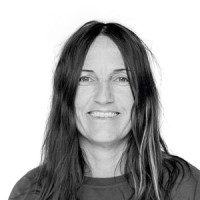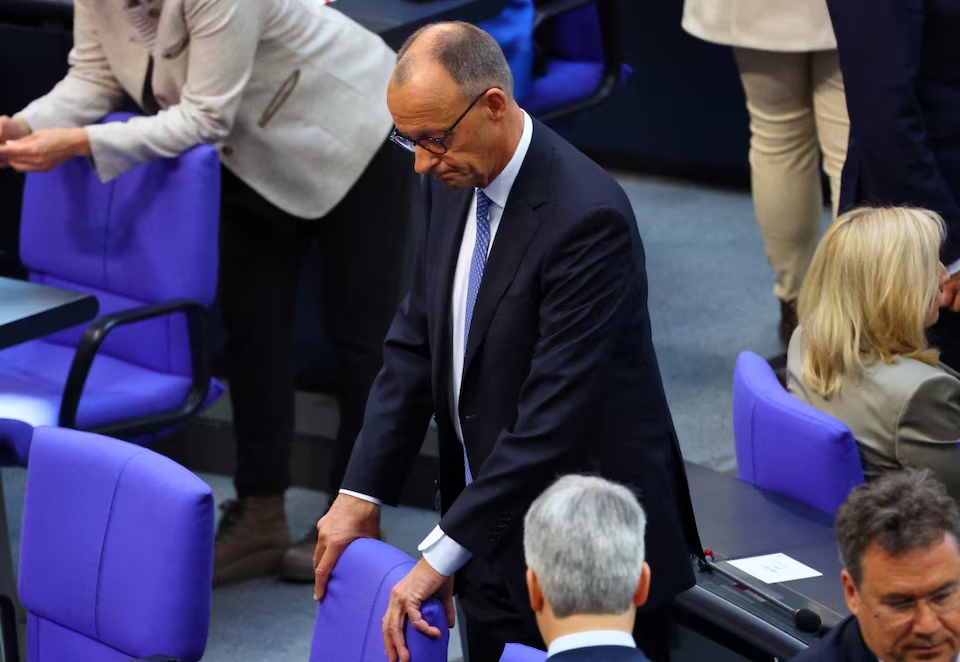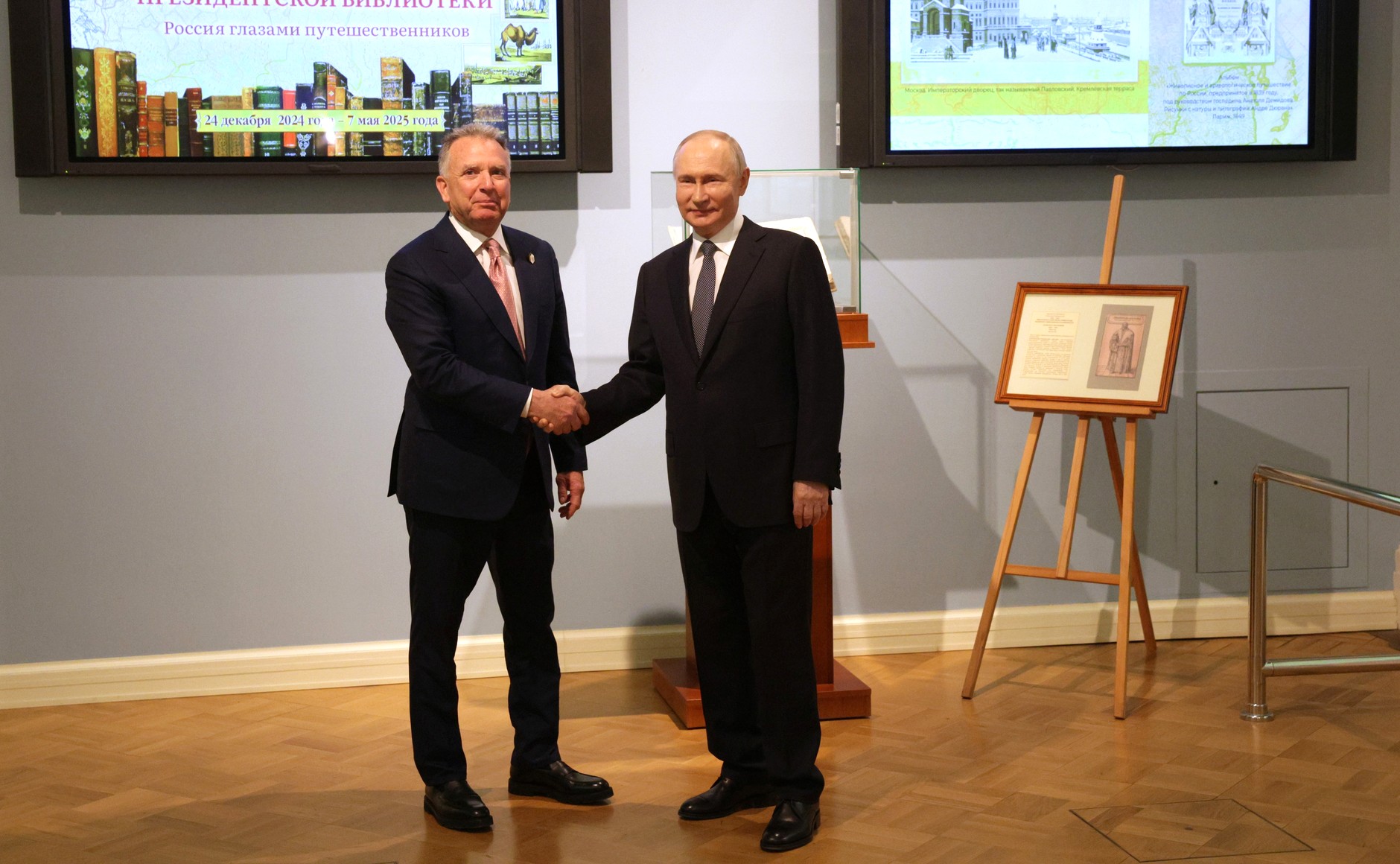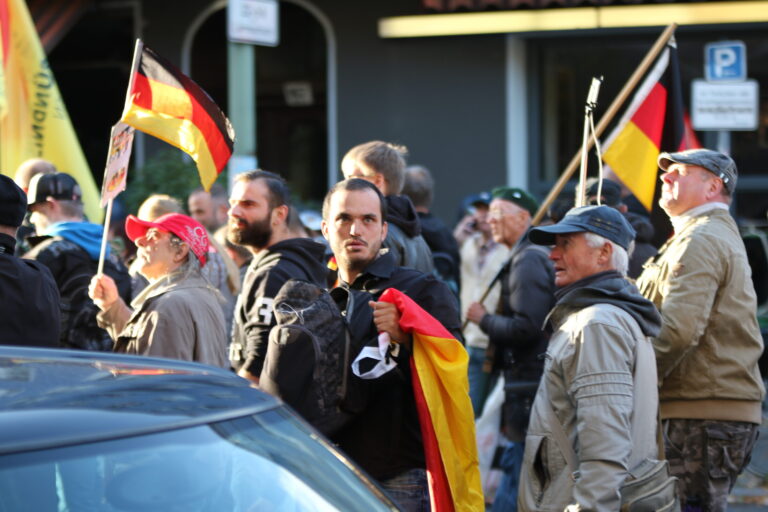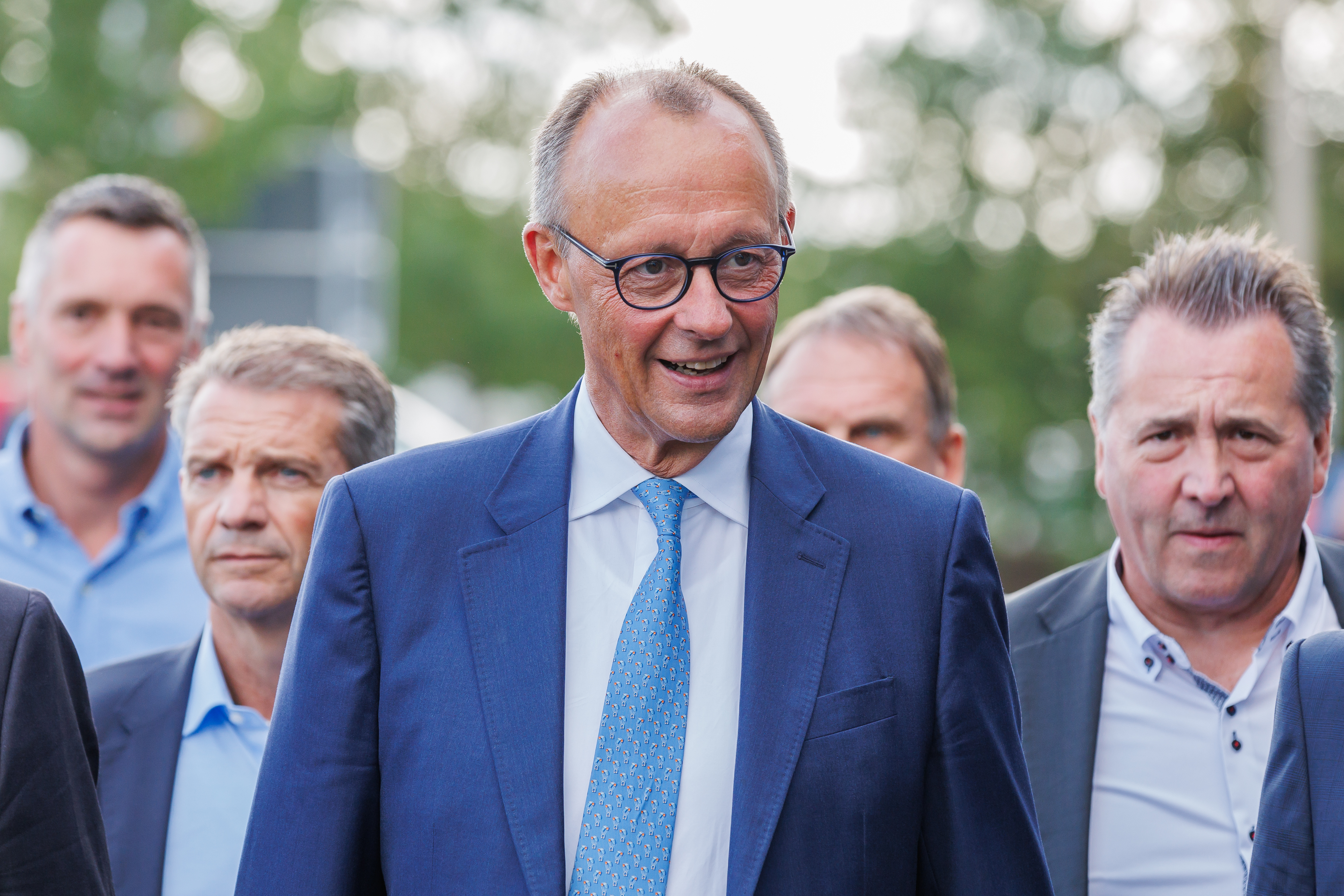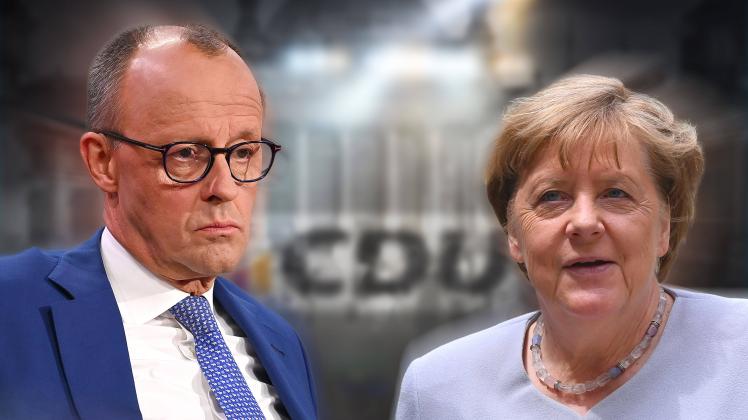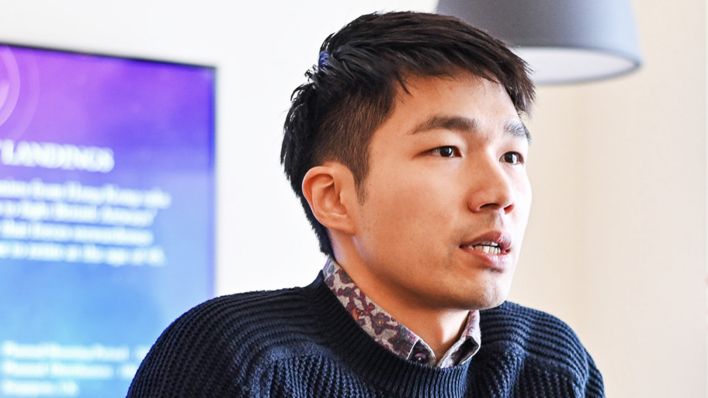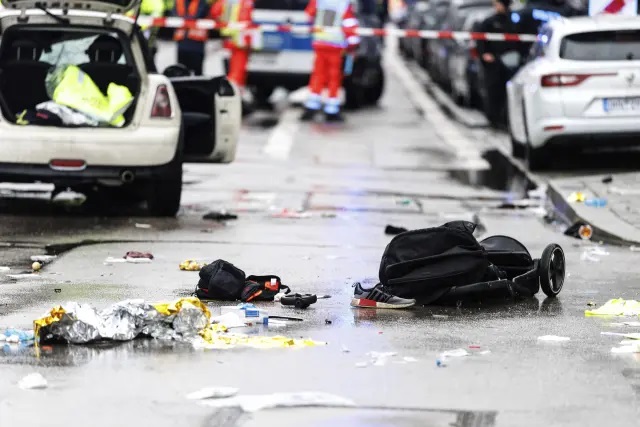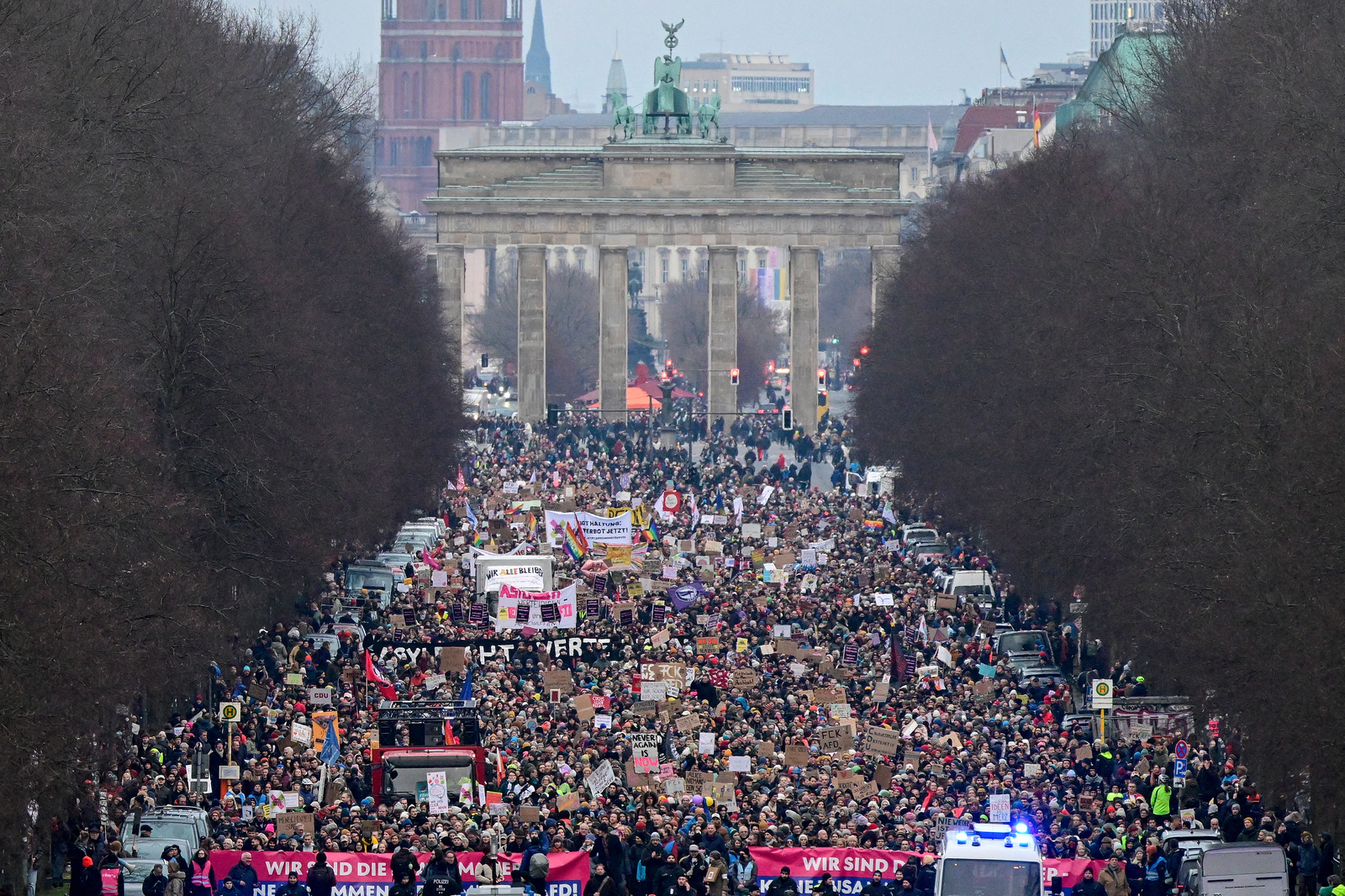And now what?
- Annegret Kramp-Karrenbauer, trusted by Angela Merkel, has resigned to remain the leader of the CDU in Germany (Germany). Therefore, an important congress will be held on Saturday and the candidates to take the helm of the party are as follows: Armin Laschet, Norbert Röttgen and Friedrich Merz. The leader of the German Chancellor, Angela Merkel, will be the person representing Merkel at the forthcoming elections to the September Chancellery and who therefore has a major political weight in Europe.

In 2018 Annegret Kramp-Karrenbauer replaced Angela Merkel in the direction of the CDU party. This fulfilled the wish of Merkel and an important part of the party, which was replaced by Merkel. The next step, when Kramp-Karrenbauer came to the German Chancellor, on the other hand, went back and things did not go as Merkel expected.
The fire broke out when Kramp-Karrenbauer strongly denounced in the Turkish camp the candidature of the Liberal Thomas Kemmerich, claimed by the AFD’s ultra-right right-wing parties, by his party colleagues. Faced with the tension and lack of support within his party, he decided to leave the leadership in February 2020.
By April 2020, and later by December, the CDU set up the congress in which the party line will be decided in the coming years after the election of the new leader. The process was suspended due to the pandemic and will be the third attempt this weekend. The next president will be elected by the delegates at a telematic congress, which could hold Merkel's seat in the September general elections in Germany.
Merkel's succession: Who is it? Who could win?
The responsibility that has been in the hands of women for more than two decades will once again come into the hands of a man. Candidates for re-election are Armin Laschet, Norbert Röttgen and Friedrich Merz.
In the process, which will take place between Friday and Saturday, the candidates are Armin Laschet, Norbert Röttgen and Friedrich Merz. The responsibility that has been in the hands of women for two decades is once again passed on to a man. The study of the German research house infratest Dimap has revealed that the gap between the three candidates has narrowed considerably since January, the consensus on Brexit and developments in Washington have directly influenced. Let's talk about who it is.
Armin Laschet: 59 years
He is the president of the North Rhine-Westphalia Lander in Switzerland. It represents Merkel's line among the three candidates. Moreover, it assumes pragmatism and the tendency towards the political centre of Merkel. It would be a person who could avoid the clash between two tendencies that live within the party.
Norbert Röttgen: 55 years
It is also originally from North Rhine-Westphalia and is headed by the Bundestag Foreign Committee. She is also a centrist as Ana Barroja has written on several occasions in El País and has strongly criticised the political closeness that the party has had with the far-right AFD in several countries of the world.
Friedrich Merz 65 years
He is the candidate of the country’s most right-wing branch. The lawyer is, of course, in favour of tightening up the political position of the party in the face of the threat of the extreme right. It is the candidate who can change the direction of the policies pursued so far by the Merkel group in different areas, such as parity, the reception of immigrants, the energy transition, to name but a few.
So everything can happen: continuism or rupture. In an article published in the journal El Salto, Daniel Vicente referred to the possibilities of the three candidates. These primaries affect the European Union as much as they do in Germany. The winner faces the shadow of Angela Merkel, who will become the great winner.
The Shadow of Angela Merkel
Born in Hamburg and educated in the city of Templin (Democratic Republic of Germany), he began taking his first steps in politics to the young people of the communist party of the time. He ceased to be a communist with the fall of the Berlin Wall, he was a Protestant pastor, like his father, to join the Christian Demographic Ideas. He began his political activity as a spokesman for the CDU in 1990. After completing the work, in 2005 he was named the leader of the training in the Lower House.
In the same year's elections to the German chancellery, in which he was a candidate for the CDU, Gerhard Schröder (SPD) imposed very little on the Social Democratic candidate, Gerhard Schröder, and the two sides were left without a solid majority for the formation of a government.
The Germanic pragmatism that has had to rule over all the dove or wolf has differentiated Merkel from the other leaders
Thus came the historic government agreement between the CDU and the SPD, which has subsequently become popular, and which has been known internationally as the Grand Coalition. That agreement led Merkel to the German Gintareria. Since then he has been in the Asian country, having won the elections one after the other. The Hamburg leader bears with him the hostility of many citizens at a time when the pain generated by his austerity policies, supported by him, remains unresolved.
On the contrary, it was the same that opened the country’s doors by renouncing the pressures of the extreme right, unlike neighbouring countries. In the midst of the refugee crisis still in Europe, about one million refugees have had the opportunity to start a new life in Germany. Use or wolf, the Germanic pragmatism that has had to govern above all, has differentiated Merkel from the other leaders.
I have had days of visits, experiences and reflections. There I am, trying to make intersectionality a reality, trying to connect struggles, trying to say all the points as bertsolaris, without pounding...
From the community radio station LoRa where I work, we organized a round... [+]
Berlinen martxoaren 8an izandako manifestazioa gogorki erreprimitu du Poliziak. Palestinaren aldeko aldarriak zeramatzaten manifestariek. Agintariek Alemanian arabierazko abestiak eta diskurtsoak debekatu dituzte manifestazioetan, "segurtasun publikoko" arrazoiak direla... [+]
Alemaniako Poliziak asteleheneko gertakariaren arrazoiak "politikoak" zirela baztertu duen arren, 35 urteko Alexander Scheuermann Ring Bund talde neonaziko kide zen. Bi hildako eta hamar zauritu utzi dituen atentatuaren egileak sare sozialetan "gorroto mezuak"... [+]
Ikerketa bat egin dute Alemanian, hauteskundeen atarian: kontuak sortu dituzte TikToken, X-n eta Instagramen, eta aztertu egin dute algoritmoak zer nolako edukiak erakusten dituen. Guztietan, algoritmoak eskuinera eta eskuin muturrera jotzen du gehien, TikToken nabarmen.
Sozialdemokratek inoizko emaitzarik kaskarrenak lortu dituzten arren, litekeena da demokristau kontserbadoreekin elkartzea eta gobernua osatzea. Botoen %28,5 jaso ditu CDUk, eskuin muturreko AfDk %20,7 eta SPDk %16,4.
Porzheim, Germany, February 23, 1945. About eight o’clock in the evening, Allied planes began bombing the city with incendiary bombs. The attack caused a terrible massacre in a short time. But what happened in Pforzheim was overshadowed by the Allied bombing of Dresden a few... [+]








